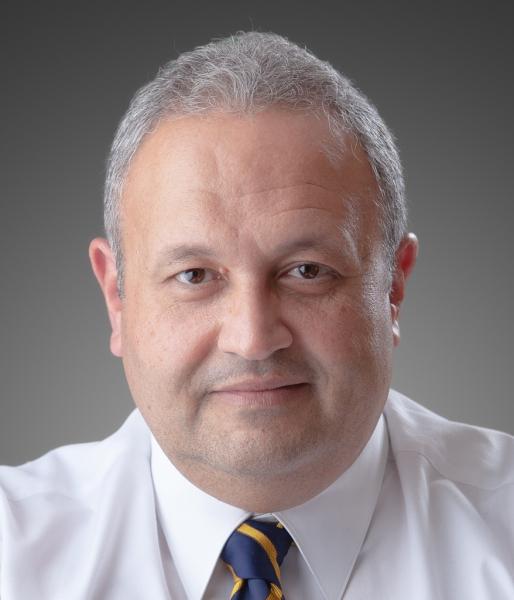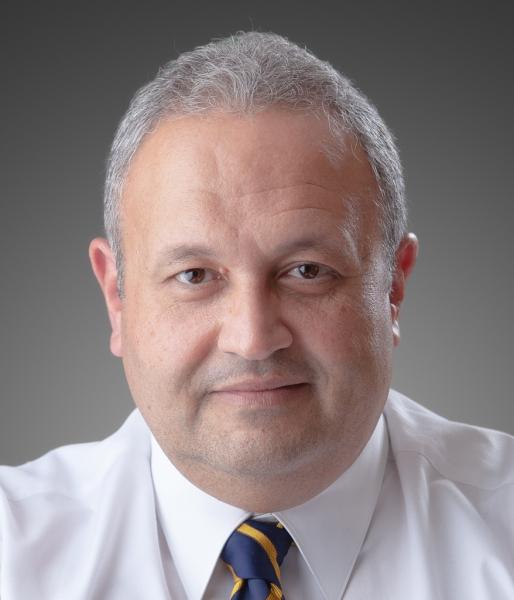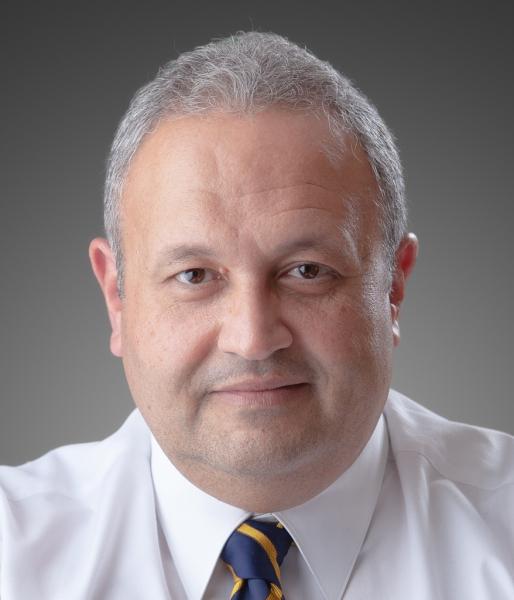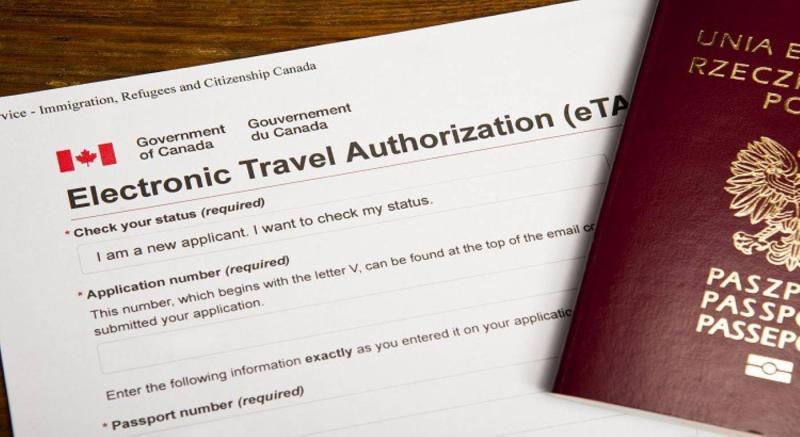The collaboration with James Arthur and the Lufthansa Orchestra. This was a truly remarkable experience
Conductor Steven Lloyd -Gonzalez To Good News
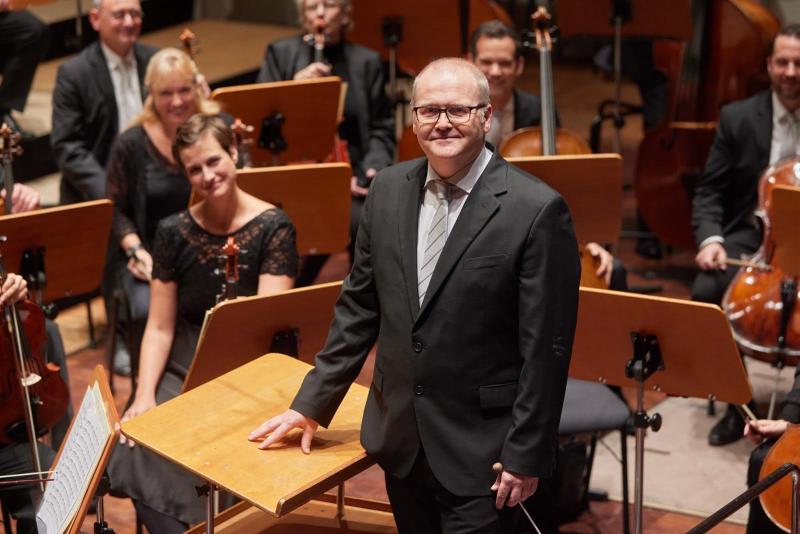
Conductor Steven Lloyd-Gonzalez is one of the most respected and beloved figures in music .
Steven Lloyd-Gonzalez holds a Master Degree in conducting from the Royal Birmingham Conservatoire. Lloyd-Gonzalez has conducted some of the UK’s leading orchestras along with appearances in the USA, China, France, Germany, Kuwait, UAE ,Egypt and Oman. Steven has received a number of prizes including; The Salveson Baton, the Silver Medal from the worshipful Company of Musicians and the Michael Beech conducting award. He is also the featured conductor in a number of film scores and also a number of game soundtracks. His 2022 recording of Shostakovich’s 6th and 9th Symphonies with the BBC National Orchestra of Wales was released to great acclaim, receiving a double five star review in BBC Music Magazine and a Res Musica award.
Good News: Steven it’s great to have a talk with you. I want to start the conversation by asking you to tell us what inspired you to become a conductor ?
Steven Lloyd-Gonzalez :
Growing up in the City of Birmingham, U.K. in the 1980’s, it was impossible to miss Sir Simon Rattle and the City of Birmingham Symphony Orchestra. I saw more of his conducting than any other during my teen years. He possessed an energy and vitality along with a fresh approach to standard repertoire, which I found invigorating. I became curious (perhaps obsessed is a better word) about the Conductor’s craft. At around the age of 17 I asked the conductor of my youth orchestra if I could have a go at conducting. He agreed. I chose the ‘Pavane’ of Gabriel Fauré to conduct. It was a wonderful experience (at least for me), especially as the various teachers sitting within each section of the orchestra were also following me, besides my young colleagues! So, I realised I must have been doing something right!
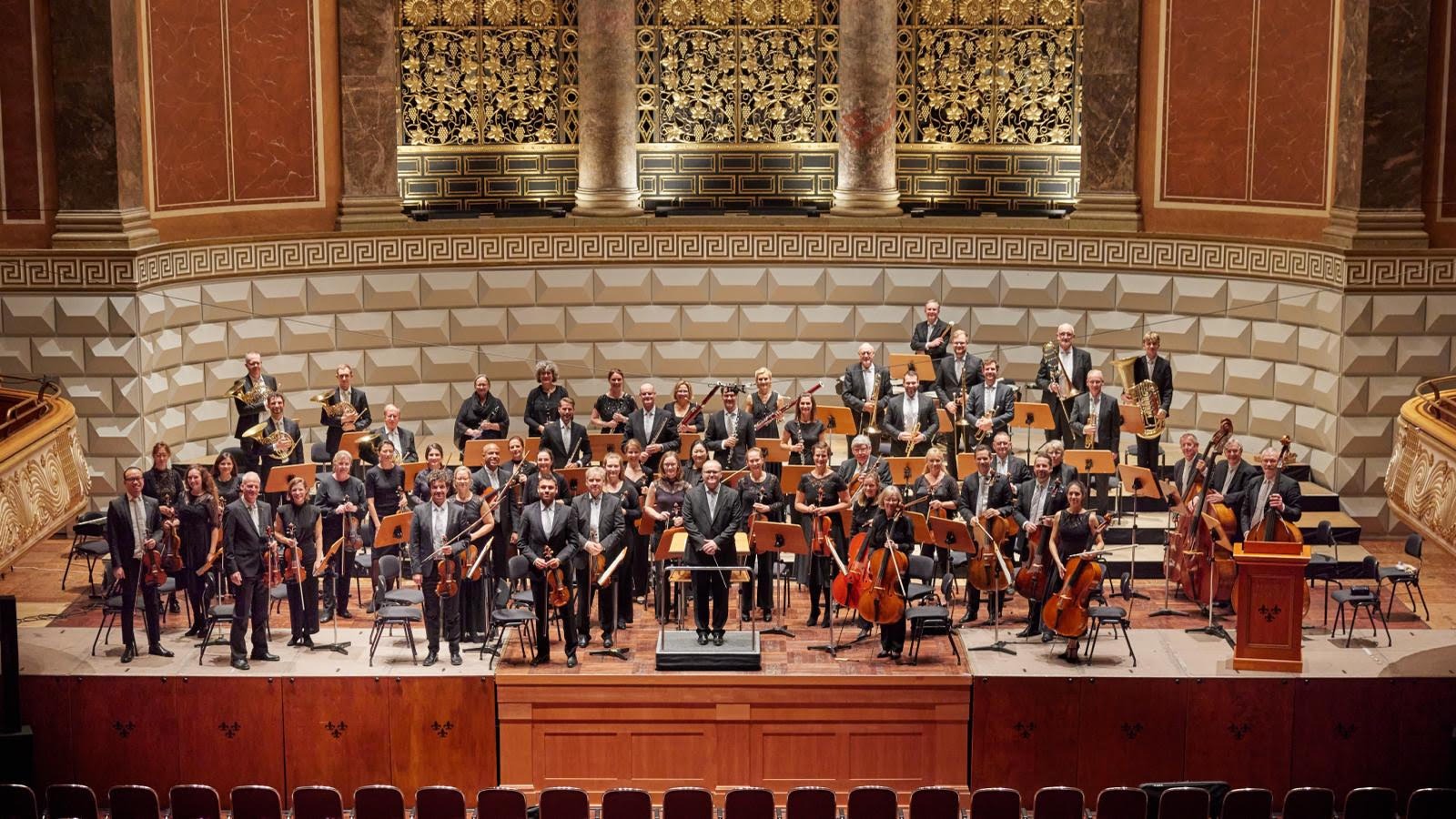
Good News: What role do you believe conductors play in shaping the future of classical music?
Steven Lloyd-Gonzalez:
It’s a good question. The answer is potentially a vital one, especially in the field of concert programming. If orchestras are to survive, they and conductors will have to adapt to the sweeping and rapid technological advances taking place right now. I have experienced and been involved in some exceptional interactive performances involving orchestras and visual artists, actors, dancers… even chefs, jugglers and comedians! The overwhelmingly positive responses from audiences at these events speaks for itself. Film music is also playing a pivotal role in the work of orchestras and orchestral musicians, as is pop/rock crossover work. I personally have no problem with diversification as a Conductor. We, as so-called ‘Classical Musicians’ can learn a great deal from these collaborations. I certainly have!
Good News:How do you approach selecting pieces for a concert program ?
Steven Lloyd-Gonzalez:
Much depends on the nature of the project, along with the type of group I am working with and the target audience. For example, there are certain parts of Germany, my adopted country, where the music of Shostakovich is still regarded as modern and risqué! So you’re going to struggle to programme anything past 1900 in such places, where ‘Radetzky March’ is still all the rage, and that’s ok, but one must be mindful of the performing environment. ‘Classical’ audiences are generally speaking quite conservative by nature, which is why the performances of new works have had to be sandwiched between more established familiar repertoire in concerts; to keep the audience in their seats! This is where Simon Rattle and the CBSO were so daring back in Birmingham during the 80’s and 90’s. The programming was extremely brave and bold at times. There was this steady flow of new commissions being performed in the city, in addition to the standard repertoire. Their success was due in part I think to the fact that they carried the audiences with them, and the paying public felt part of the whole process. I think that is key; making the audience feel like they are involved and co-collaborator. Stephen Sondheim once said that each of his works had to contain what he called, ‘the number’. That moment in a work or concert, (hopefully somewhere near the beginning) where the audience have the opportunity to say to the stage, ‘we like you’, and the compliment is reciprocated from the stage back to the audience. It’s a magical moment when it happens, and one I try to replicate when setting out to plan each concert programme.
Good News: with which instrument do you have the most intense working relationship ?
Steven Lloyd-Gonzalez:
Probably the Piano, as it’s the instrument I play every day. I use it to learn scores, to compose/arrange and to practise, so it is an integral part of my daily working life.
Good News: one of the most important and challenging aspects of your work is collaborating with musicians. How do you handle the working environment and any disagreements with them as a team ?
Steven Lloyd-Gonzalez:
Disagreements are a natural part of the job and occur almost every day. As a Conductor, it’s important to remember that you won’t always have all of the answers yourself, and that’s ok. I work with some exceptional talented and highly intelligent people, who will sometimes have a better idea of how to do something than I do, or the perfect solution to a problem that hadn’t occurred to me before. Conversely, I will sometimes find myself in a position where I have to convince my colleagues of my approach to a score. So, it’s collaborative in that sense and people need to be listened to. A positive approach to rehearsals and performances is essential for me, along with mutual respect for each other’s ideas.
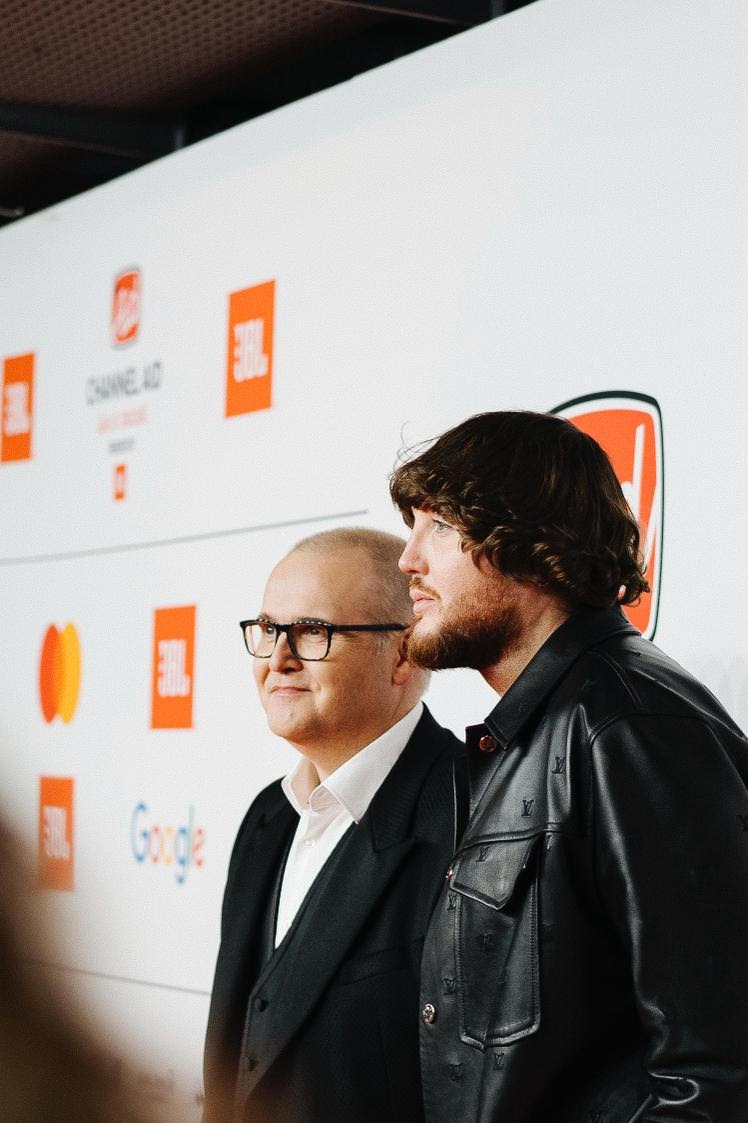
Good News: Every artist has rituals that he performs before submitting a work of art. What are your rituals?
Steven Lloyd-Gonzalez:
I honestly have none. All I can do is to make sure I am thoroughly prepared and have given my best. There is then a much greater chance of the rest taking care of itself.
Good News: Just curious .. who is your favourite composer and why ?
Steven Lloyd-Gonzalez:
I don’t have a favourite. There are certain composers I am drawn to, but they have little in common with each other. I just enjoy good music. Full stop. For example, I listened yesterday to the new album by ‘The Smile’ called ‘Wall of Eyes’ and was knocked sideways by it. The title song really is very special. I also listened to some of Gorecki’s sacred choral works, including his ‘Amen’, which is another remarkable piece. All good music.
Good News: Criticism is a fact of life for any conductor .. how do you handle criticism ?
Steven Lloyd-Gonzalez:
It’s a fact of life and has the potential to be an important learning tool, as long as the critic in question knows their field and is respected.
Good News: You were conducting with the Lufthansa Orchestra with James Arthur recently. Tell us more about your experience working with him? Are there any plans for cooperation between you and James Arthur in the future?
Steven Lloyd-Gonzalez:
The Lufthansa Orchestra and myself were invited by Fabian Narkus of the FABS Foundation in Hamburg to perform with James Arthur and his band for a one night only concert at the Elbphilharmonie in Hamburg. I was given the task of orchestrating 15 of James’ songs, in only 20 days. It was a huge ask, but also immensely enjoyable to do.
James and his band were a dream to work with. Not only great musicians, but so much fun with it. It also transpired that the bass player, Drew Campbell, and I are from the same part of Birmingham, so we had lots to chat about.
James was very complimentary about my orchestrations, so much so that he has included three of them on the Digital Deluxe version of his new album, ‘Bitter Sweet Love’, I am thrilled to say! These are recordings taken from our performance with him at the Elbphilharmonie on January 12th. The new album is now at Number 1 in the UK album chart!
I sincerely hope that I will work with James again in the future. He’s a big talent, an excellent singer/songwriter, yet remarkably modest and humble with it.
Good News: What are your proudest achievements so far ?
Steven Lloyd-Gonzalez:
I am extremely proud of my Shostakovich recording with the BBC National Orchestra of Wales, but I would have to say that my proudest achievement to date would be the collaboration with James Arthur and the Lufthansa Orchestra. This was a truly remarkable experience.
Good News: what's your ultimate goal as a conductor?
Steven Lloyd-Gonzalez : To be the best I can be, no more no less.
https://www.youtube.com/watch?v=qaeaZln_2f4



